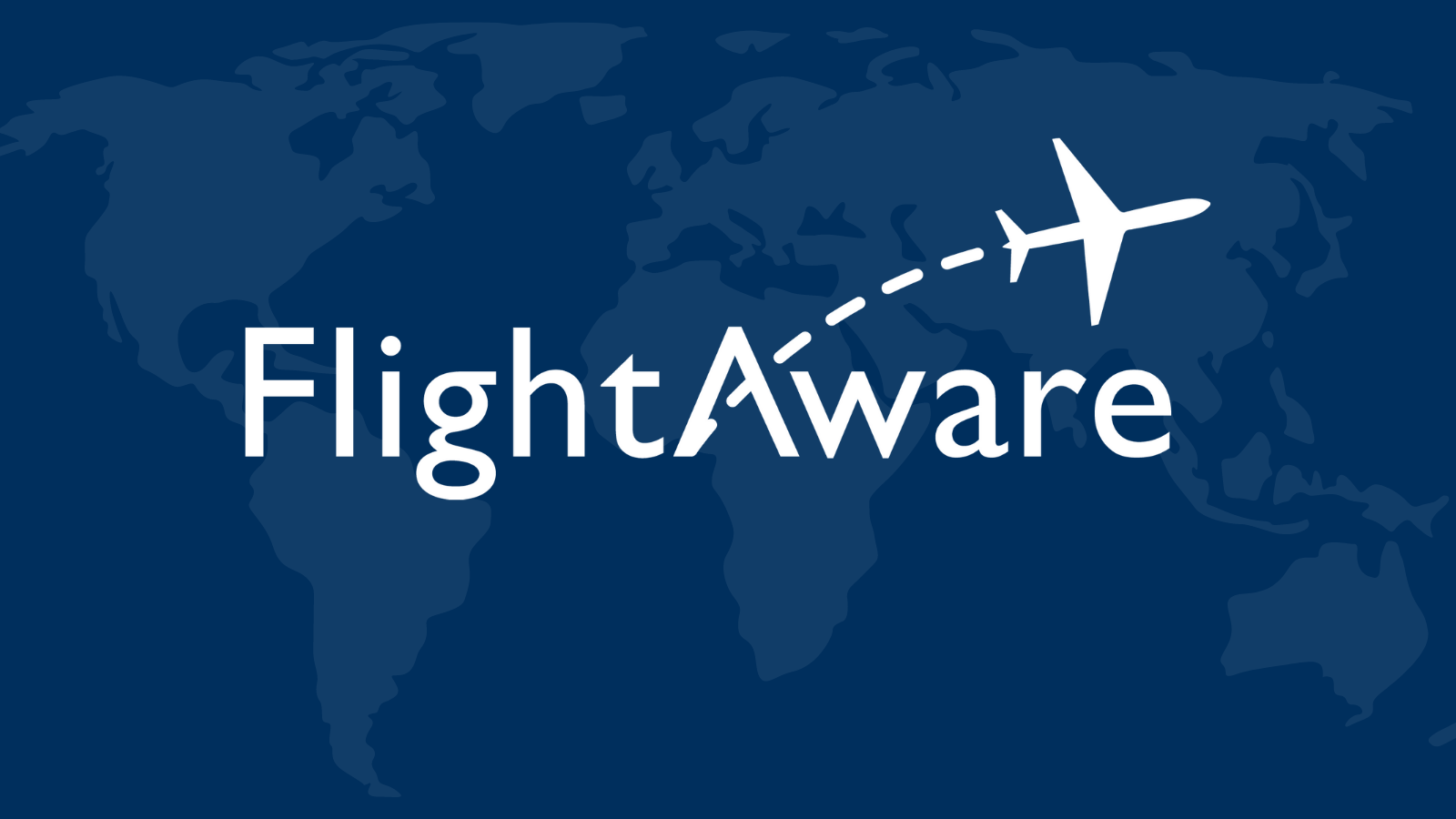A whistleblower who brought attention to Facebook's negligence regarding potential harms to users of the social media platform believes that Canada and British Columbia are making strides in holding tech companies accountable for profiting from harmful content. Frances Haugen, a former Facebook product manager, stresses the importance of major tech companies like Meta, Facebook's parent company, taking responsibility for the negative impacts of their products while reaping profits that can reach up to 30 per cent.
Haugen, who testified before the U.S. Congress in 2021 about Facebook's prioritization of profit over addressing harmful content, commends the impact of lawsuits brought by the American government in shedding light on the societal consequences of harmful online content. She notes that British Columbia has drawn insights from U.S. lawsuits to craft new legislation and looks forward to seeing how the province implements it.
Haugen praises B.C.'s forward-thinking legislation regarding non-consensual nude images and believes that recent online harm bills passed by federal and provincial governments can help pinpoint the adverse effects of addictive technology products on children. She warns during a media briefing in Australia, arranged by the B.C. government, that harmful content targeting children is on the rise globally, surpassing the capacity of public resources to address the issue effectively.
The B.C. government has introduced proposed legislation that allows for lawsuits seeking compensation for health-related expenses against companies, including social media giants and energy drink manufacturers whose products may pose risks. Premier David Eby notes that the Public Health Accountability and Cost Recovery Act is inspired by existing provincial laws that permit lawsuits to recover health-related costs linked to tobacco and opioids.
The move towards holding tech companies accountable for harmful content and its consequences is gaining momentum globally, with governments recognizing the need to address these issues proactively. The concerns raised by whistleblowers like Frances Haugen have pushed forward discussions and actions aimed at protecting users, especially vulnerable populations such as children.
Legislation like the one proposed in British Columbia reflects a growing awareness of the responsibilities that tech companies have towards their users and society as a whole.
By creating pathways for legal recourse and accountability, governments are sending a strong message to these companies that they cannot prioritize profits over the well-being of their users.Furthermore, the collaboration between different levels of government, as seen in the case of B.C.drawing on U.S. lawsuits for inspiration, demonstrates a willingness to learn from past mistakes and adapt policies to address current challenges.
This adaptive approach is essential in the ever-evolving landscape of technology and its impacts on society.As technology continues to advance at a rapid pace, it is crucial for regulations and laws to keep up with these changes to ensure the protection of users. The case of Frances Haugen and her revelations about Facebook's practices serves as a wake-up call for both regulators and tech companies to reevaluate their priorities and make the necessary adjustments to prevent harm and promote a safer online environment.
In conclusion, the proposed laws in Canada and British Columbia represent significant steps towards holding tech companies accountable for harmful content and its impacts. By creating legal frameworks that prioritize user safety and well-being, governments are sending a clear message that the days of unchecked profiteering at the expense of users are over. It is now up to tech companies to adapt and prioritize the safety and protection of their users, ultimately fostering a more responsible and ethical tech industry.









 English (US)
English (US)